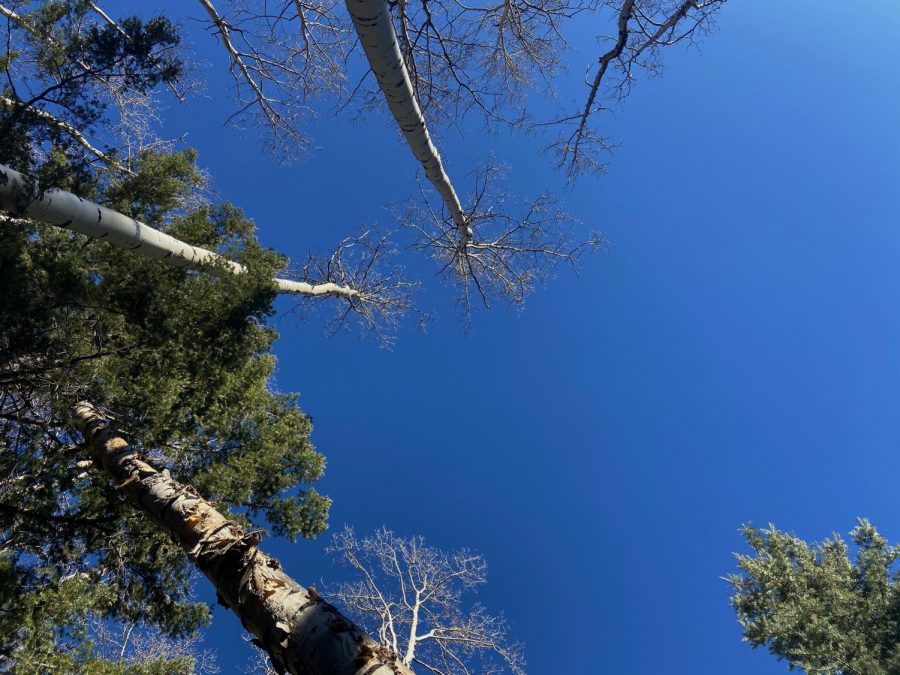COVID-19 Has Positive Effects On Our Environment
May 6, 2020
COVID-19 has caused suffering for hundreds of thousands of people around the world. However, in the midst of these terrifying and uncertain times, the Earth has an opportunity to recover somewhat from the negative effects that humans have had on our ecosystem.
Since the shutdown due to COVID-19, Co2 emissions have decreased, air quality is improving and animals are roaming the streets.
Since the COVID-19 crisis began, the percentage of greenhouse gasses being emitted all around the globe has steadily decreased, according to Rosie McCall writing in Newsweek. A major reason for this decrease is the shutdown of large factories that are normally massive contributors to such emissions. Another reason is the lack of emissions from cars and other modes of transportation such as airplanes and busses.
According to Peter DeCarlo, an associate professor of environmental health engineering at Johns Hopkins University, satellites have shown that areas around the globe with strict enforcement of quarantine have shown drastic improvement in air quality.
It is projected that throughout this crisis, global emissions may drop 8 percent, according to an NPR story. While this drop would be the biggest decrease in global emissions in the past century, it still wouldn’t be enough of a cut in the way scientists have suggested since before the crisis. In order to avoid the worst effects of climate change, carbon emissions would have to be cut by 7 percent every year. So while the crisis has in ways benefited our climate, there are still changes that need to be made.
Along with air quality improving, people are beginning to see much more wildlife than usual. According to an NPR piece called “Wildlife Take Advantage Of Fewer People Out And About,” people have been seeing more wildlife all around the country, including coyotes in San Francisco and wild turkeys in Boston.
Other people also speculate that perhaps the people seeing wildlife around the country is not due to there being more wandering animals, but rather they’re paying more attention to them now that there’s not much else to do.


